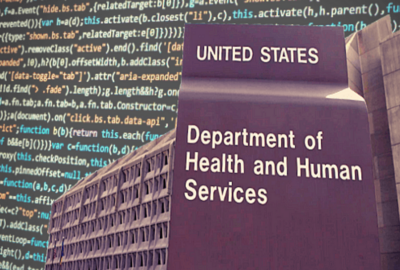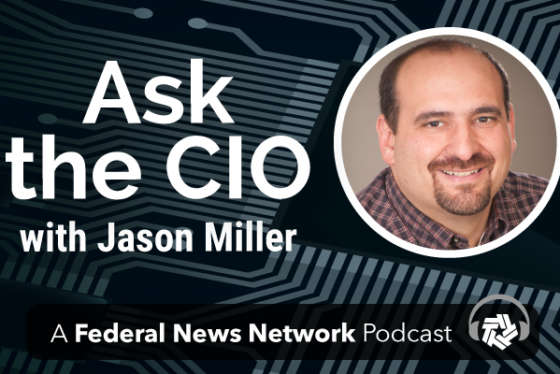Perakslis shifting the FDA to a data-centric approach
The Food and Drug Administration's new Information Management Strategic plan is helping to create a new infrastructure to support using data to meet its mission...
wfedstaff | April 17, 2015 4:36 pm
The Food and Drug Administration’s new Information Management Strategic plan doesn’t just provide a roadmap to what the future of the agency’s technology infrastructure will look like.
The document portends the agency’s shift toward a data-centric approach to how it meets its mission.
Eric Perakslis, the FDA’s chief information officer and chief scientist for infomatics, said the short term goals, such as moving e-mail to the cloud, will create the infrastructure to make it easier for the agency to reach its long-term goals of being more customer-centric.
In some ways, the roadmap will change Perakslis’ own role as CIO to focus on the information part and less on the technology part.
“I’d like to put us into a slightly different business,” he said referring to the CIO’s office’s role. “I think we still need plenty of people and in some ways it’s even the same skills. Instead of a system administrator being in a server room racking and stacking servers, maybe they are on an Amazon console simultaneously running 30 different cloud instances.”
He said the FDA has a treasure trove of data that could provide more benefits to the agency and government at large.
“There is a lot more optimization we could be doing with moving that data, mining that data for secondary and tertiary uses, sharing that data across government for health missions, security missions and things like that,” Perakslis said. “I’d like to see us moving into that data driven age as opposed to a systems driven age.”
He added his office could be doing more to enhance the FDA’s mission instead of just supporting it.
Perakslis said the CIO’s role of just supporting the mission is not going to be enough especially as more and more traditionally in-house supported technology moves to the cloud or becomes automated.
The FDA’s strategic plan calls for four basic goals:
- Provide on demand technology for employees by modernizing internal and external systems.
- Develop an approach to let the agency efficiently review its processes, perform risk-based analytics and have secure and seamless collaboration with public and private sector partners.
- Reduce IT costs and reinvest in mission areas.
- Develop leaders who focus on the technology to run the business and scientific mission areas.
“I’d like to think the infrastructure in 3-5-7 years from now is really a set of consumer driven services,” he said. “In some ways, I’d like to see a lot of the historic management information system-type IT functions disappearing into the background a little bit. The focus at that point should be on the data. It should be on the outcomes, automating workflows and things like that, than just trying to affect transactions.”
Perakslis said he was surprised when he started as the FDA CIO that his office managed many of the commodity IT services, such as email.
He said the FDA will move its email to the cloud in 2013 with a solicitation coming in the early part of the year.
“Over long term email in the cloud will be less expensive, and we are fortunate that leadership at the FDA when we do accomplish savings they are allow some reinvestment into innovation,” Perakslis said. “But it’s really about getting the desktop experience right. Yes, we will save a few bucks on email, but that is minimal compared to the point where their computer is too slow and employees are losing productivity.”
The FDA also is investing in virtualization, but only when it makes sense and the security level is adequate enough.
“Over time when it’s time to do an upgrade, we will fix it, but we don’t have the time or energy to go through our entire architecture,” Perakslis said.
RELATED STORIES:
Perakslis moves FDA toward IT innovation, efficiencies
FDA names industry veteran as new CIO
Copyright © 2024 Federal News Network. All rights reserved. This website is not intended for users located within the European Economic Area.
Jason Miller is executive editor of Federal News Network and directs news coverage on the people, policy and programs of the federal government.
Follow @jmillerWFED







